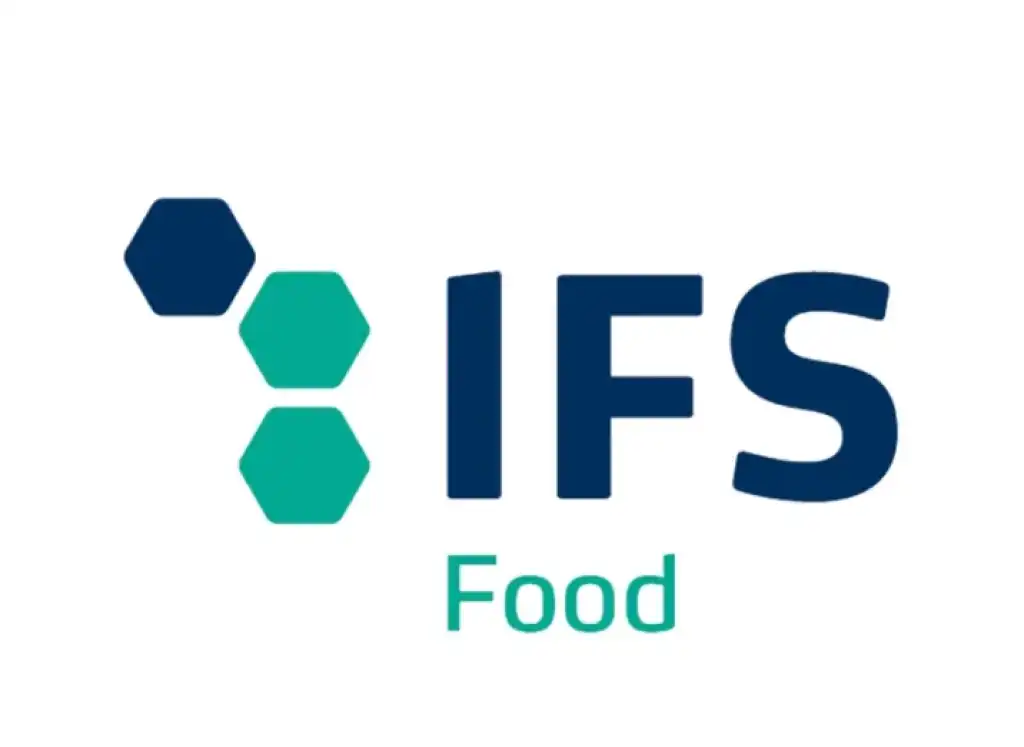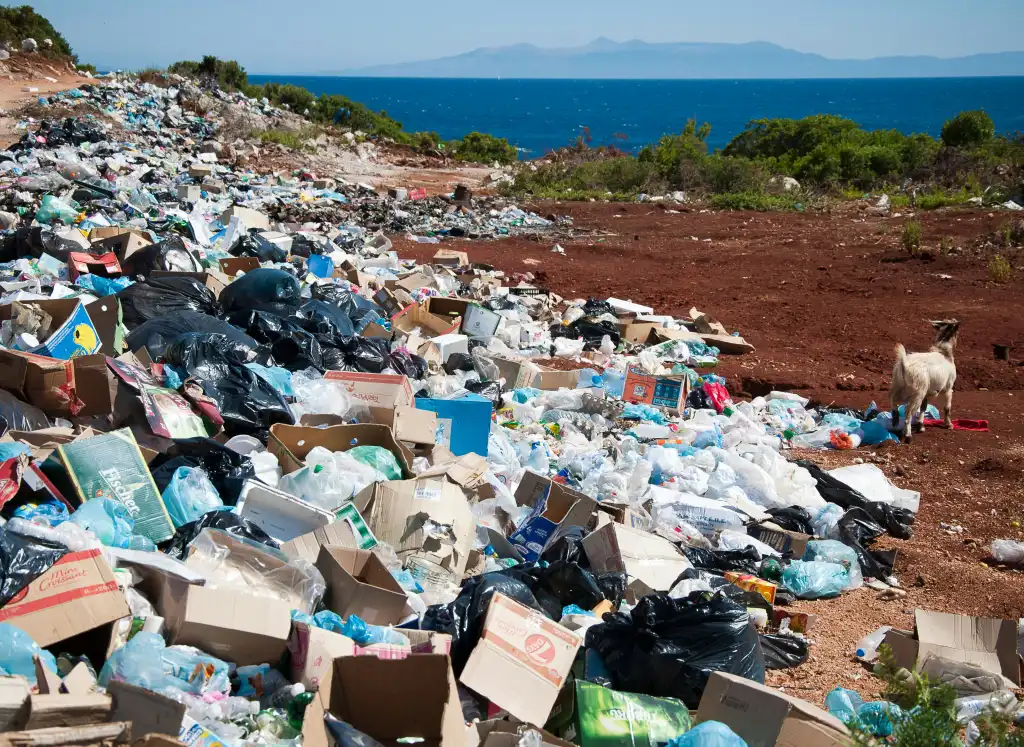Denmark cracks down on greenwashing

A growing phenomenon
Rules reiterated and clarified in 2022 by Danish authorities aim to eradicate false environmental sustainability claims. Greater severity is also expected in Italy.
Environmental protection and sustainable production are no longer topics for scientists and policymakers alone, but also for corporate marketing teams. The eco-friendliness and sustainability of a product are seen as high-value assets, especially among younger and highly educated consumers.
The malpractice of making incomplete or misleading claims is known as greenwashing: companies mislead consumers, the public, and even environmental regulators.
The main battleground here is the fight against carbon footprint — the CO₂ emissions linked to corporate operations. Proper assessment requires the Life Cycle Assessment (LCA) methodology, also governed by ISO 14040 ff.
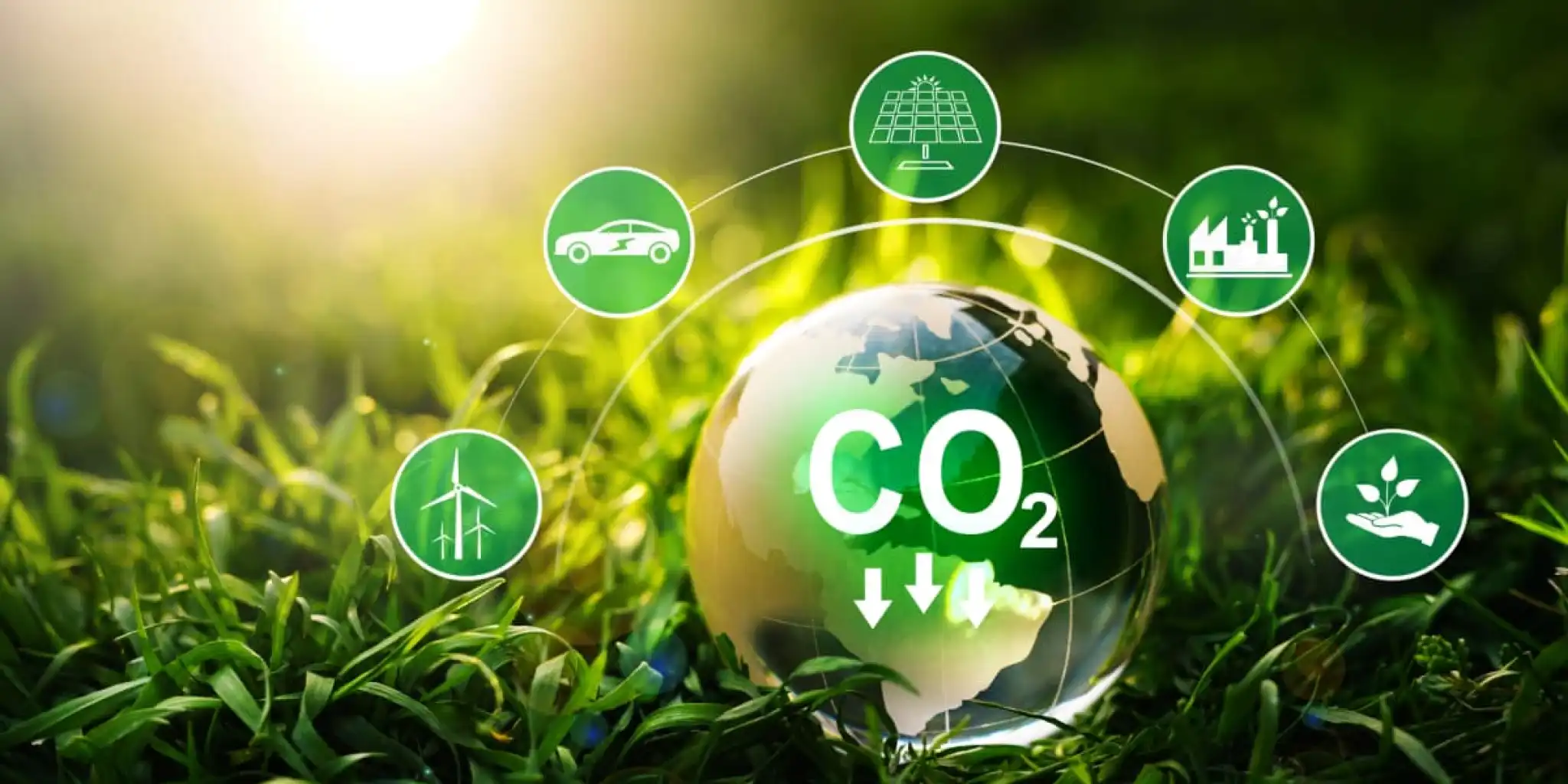
The Danish model
Denmark — a frontrunner in environmental protection — offers an emblematic case: investigations by the Consumer Ombudsman (Forbrugerombudsmanden) and Financial Supervisory Authority (Finanstilsynet) revealed widespread greenwashing, even by public entities.
A well-known example is H&M’s Conscious collection: in 2016 the company’s own Sustainability Manager admitted that only 0.1% of clothes intended for recycling were actually recycled.
Since 2021 Danish authorities require that any sustainability claim must be validated by an LCA. Broader implications — including social, health and ethical aspects — must also be considered. The burden of proof lies with companies.
Danish marketing law is strict against practices undermining trust, considered the glue of Scandinavian societies. Lying to consumers is seen as a threat to collective well-being.
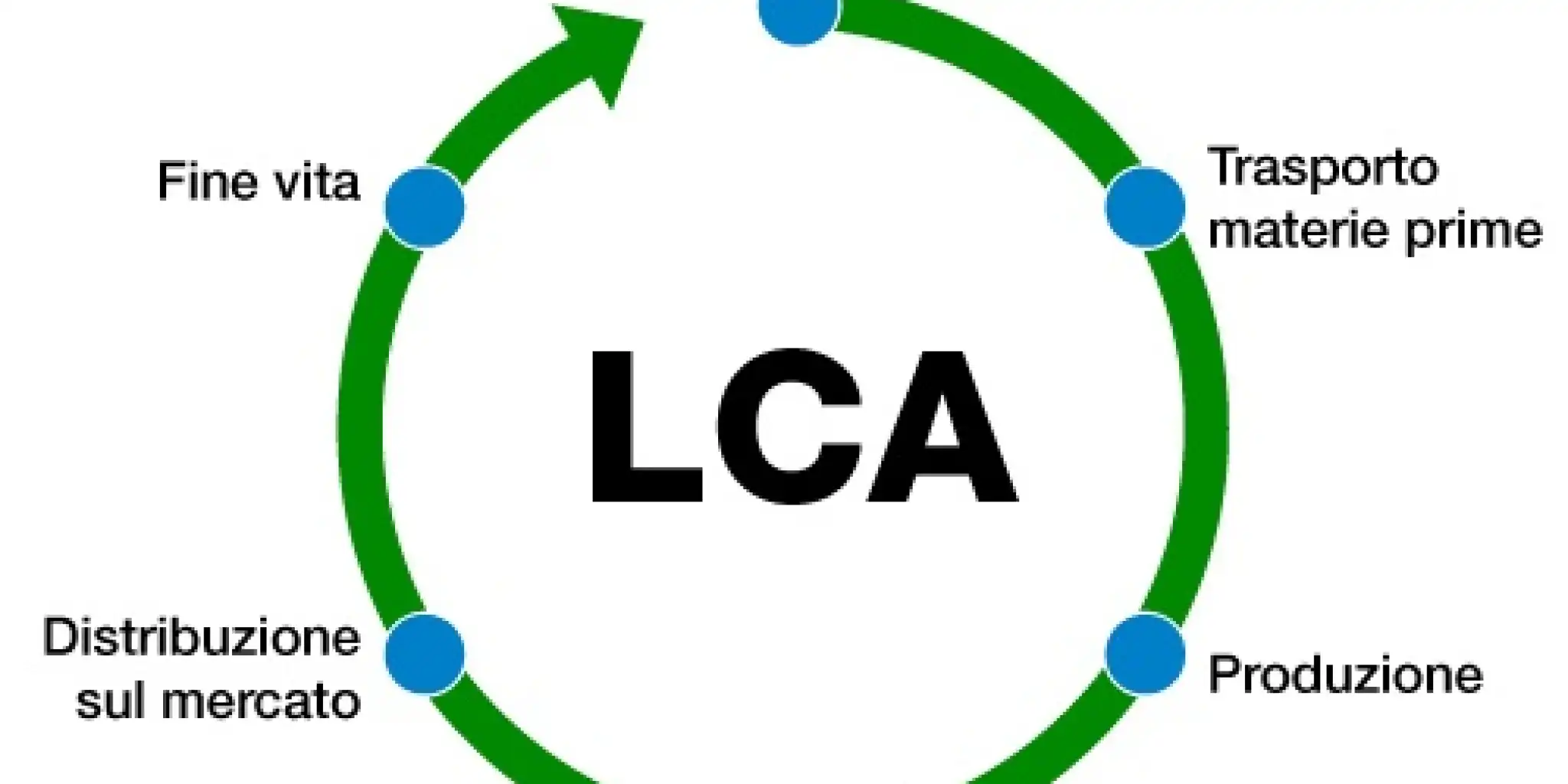
Conditions for environmental claims
The Danish authority outlined four conditions for attributing positive environmental qualities to a product:
- The quality cannot be marginal or irrelevant in the product’s life cycle.
- It cannot result from processes harmful to the environment.
- It cannot be offset by other harmful characteristics.
- It cannot be commonplace, i.e., common to all products in the same category.
A product cannot be marketed as eco-friendly if it only meets minimum legal requirements. Claims must be regularly updated and reflect long-term perspectives (Brundtland Report, 1987).
The authority also warned against greenwashing through visuals: images, slogans, and symbols that imply sustainability without explicit statements. In early 2022, guidelines were extended to banks, insurers, and asset managers.
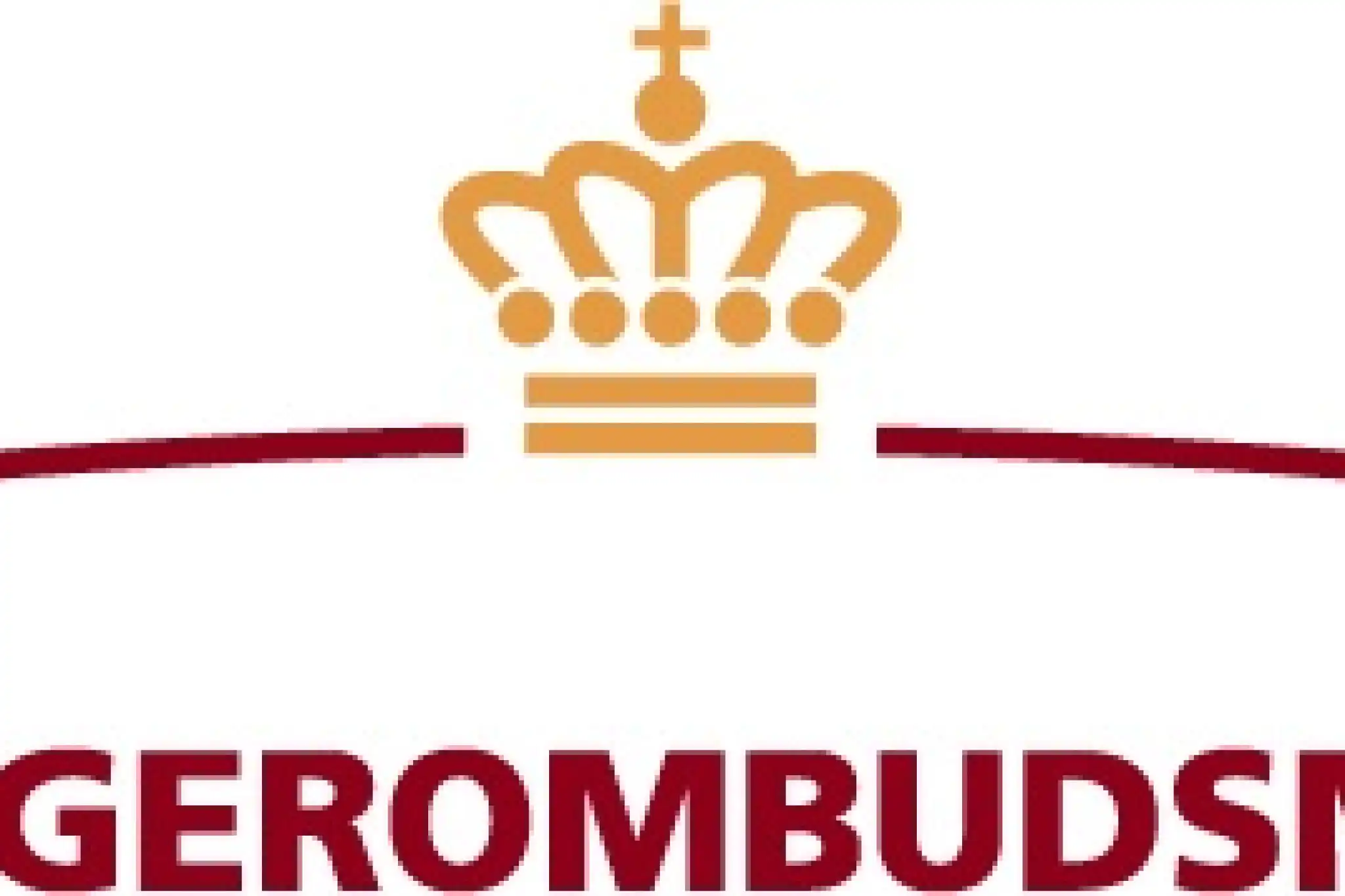
Towards Europe and Italy
The Danish case has EU-wide relevance: a European Commission study (Jan 2021) found that 37% of sustainability claims were “misleading” and 59% lacked objective evidence. Denmark responded with the first strong national initiative, likely to set a precedent.
In Italy the issue is already real: in 2021 the Antitrust Authority fined ENI €5 million for misleading claims about its ENIdiesel+ fuel. The same year, the Gorizia Court upheld Alcantara’s lawsuit against Miko for greenwashing, stating that “environmental claims must be truthful, accurate, not misleading, and based on scientific data.”
The direction taken by Denmark, Italy and other EU states suggests an imminent regulatory shift. Companies should adopt transparent, robust sustainability strategies now.
GoodFood Consulting is ready to provide the technical and legal support needed to turn this new reality into a success story.
Carmine F. Milone
Sources:
CSQA
Magnusson Law
Denims & Jeans
AM Watch
Fresh Cut News
Icona Clima
Renewable Matter
